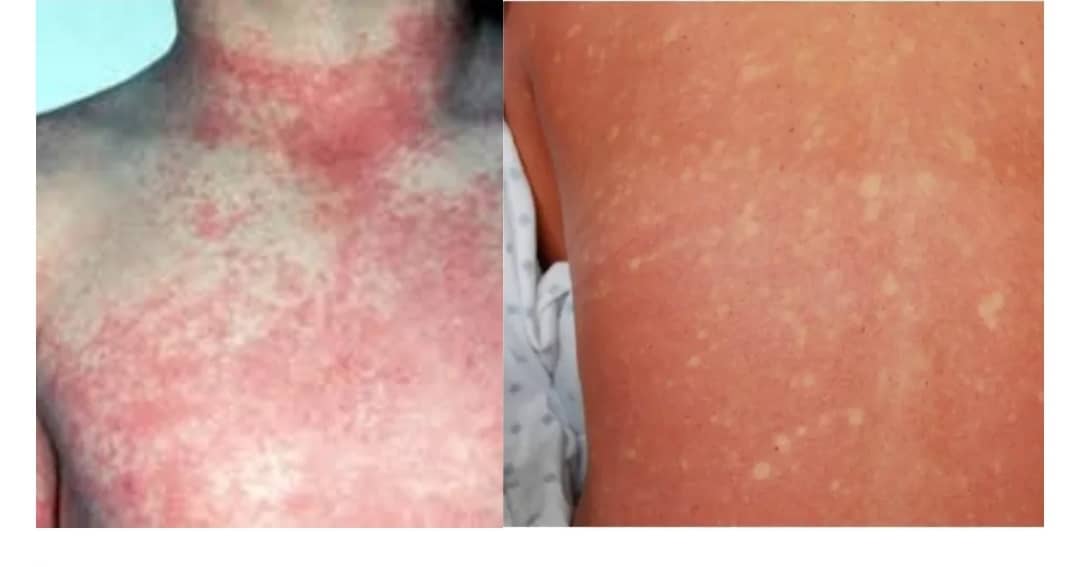B:y Joseph Momoh, Reporter
Sierra Leone is currently investigating a suspected case of acute viral haemorrhagic fever following the death of a female health worker in the western part of the capital, Freetown. This incident comes a decade after the devastating Ebola outbreak, which claimed nearly 4,000 lives in the country.
The 29-year-old health worker had been employed at a public hospital in the eastern Kono district. She fell ill and traveled to Freetown for further treatment after experiencing recurrent fever, weakness, vomiting, and diarrhea. Tragically, she died at the triage of a second hospital after visiting one in Freetown. Notably, her travel history indicates that she had visited Liberia in late October to treat patients.
In response to the situation, the country’s health surveillance teams have collected samples for laboratory analysis. Thirteen contacts, including four primary contacts, have been identified, line-listed, and advised to limit their movements to mitigate the risk of potential transmission until results are confirmed.
Sierra Leone’s Ministry of Health, in collaboration with the National Public Health Agency (NPHA), is conducting tests on the samples of the suspected viral haemorrhagic fever case at the 34 Military Hospital in Freetown. The samples were collected by the Rapid Response Team deployed to Kono. The NPHA emphasized that routine investigations like these are critical for public health surveillance to ensure community safety. While the news has raised concern among some members of the public, the government has urged citizens to remain calm and stay informed through official channels. Although viral haemorrhagic fevers, including Lassa fever, are not new to Sierra Leone, the health system has faced significant challenges since the Ebola outbreak in 2014, which highlighted the urgent need for improvements in healthcare infrastructure and economic resilience against public health crises. Efforts to rebuild the country’s economy and support affected communities are ongoing.






